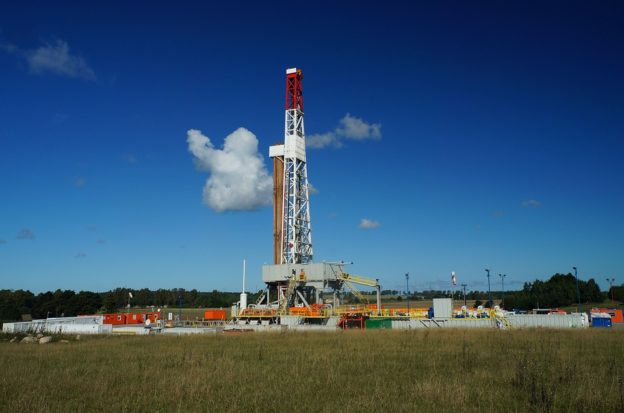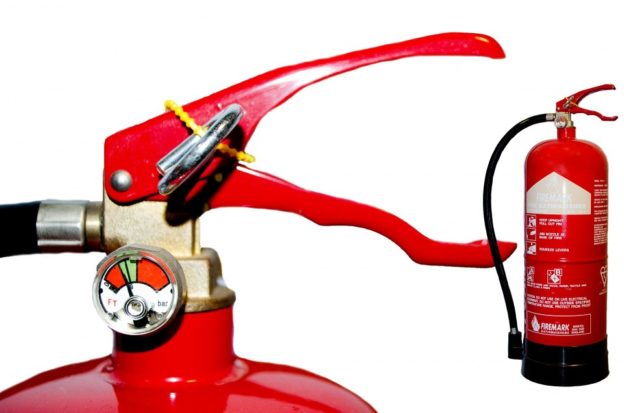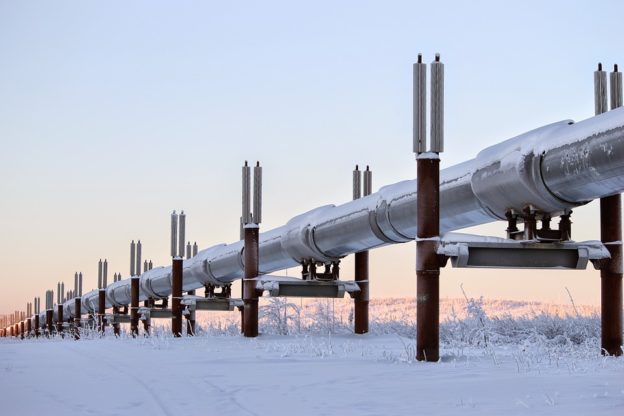The most recent recession is over and the oil field is booming once again – especially in the United States & Alberta – and that can only mean one thing: they’re hiring.
Whether you were laid off from an oilfield job during the downtown a few years ago, you have just finished your studies and are ready to enter the working world, or you are simply looking for a career change, there is a position in the oilfield that will suit you.
The oil and gas industry is a complex one, requiring individuals with every type of education, experience, and skillsets to fill a variety of positions essential to the successful operation of the industry.
Below, we’ve highlighted a few of the different kinds of oilfield jobs out there – and one of them is bound to be perfect for you.
Labour
Labourers encompass a large percentage of those employed in the oil and gas industry.
It is a broad category that consists of a number of different job titles and duties. The most common labour jobs include operating heavy-duty machinery, keeping up the cleaning and maintenance of worksites and equipment, and carrying out the day-to-day tasks that keep everything running smoothly, such as fitting valves or sending pigs, for example.
Transport
Without a way to transport the oil extracted from the ground from point A to, well, everywhere else, there would be no point.
While pipelines transport a lot of this oil, a large percentage of it is still transported over land – meaning that truck drivers play an important role in this industry.
Engineering
Whichever type of engineering you may have studied, the oil industry more than likely has a need for it. Many chemical engineers, electrical engineers, drilling engineers, petroleum engineers, mining engineers, and even engineering geologists are essential to the oilfield.
Every aspect of the industry, from finding the oil, creating the equipment necessary to extract it, processing the oil, etc. is all thanks to the engineers who made it possible.
Culinary
Those working and living out on offshore rigs or in remote camps need to eat – that’s where you come into play. If you are a trained chef, or even if you haven’t been formally trained but have sufficient experience working in kitchens, you can consider applying for the role of chef in one of the many remote locations oilfield workers are stationed.
Medical
The rigs can be dangerous, accidents happen every day. For this reason, every worksite is required to have medically trained staff present.
If you want to help people, but are looking for something different than the typical clinic or hospital setting, consider applying to be an oilfield medic.
Accounting
Anytime money is involved, and accountant will be needed. It’s not news that the oil and gas industry is a multi billion-dollar industry – every company, every camp, and every project that takes place will undoubtedly require someone to budget, monitor the books, prepare taxes, etc.
Accountants are integral parts of any business – any industry – and the oilfield is no exception.
Environmentalist
Now more than ever the environment is becoming a major concern, especially for the oil and gas industry, which are often the center of environmental debates. Many companies are beginning to work with environmental specialists to ensure their practices and processes have minimal negative impacts on our Earth.
Start The Hunt Today
As you can see, the oilfield is a diverse industry, employing individuals from every area of study. Regardless of what field of study you are trained or experienced in, there is more than likely a position available in the oilfield requiring exactly what you have to offer.
Give the oilfield a chance and start your job hunt today!








